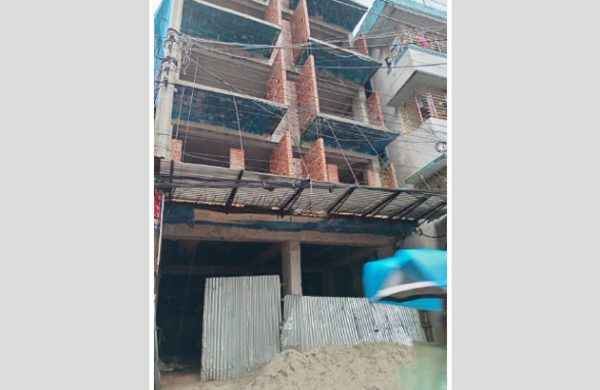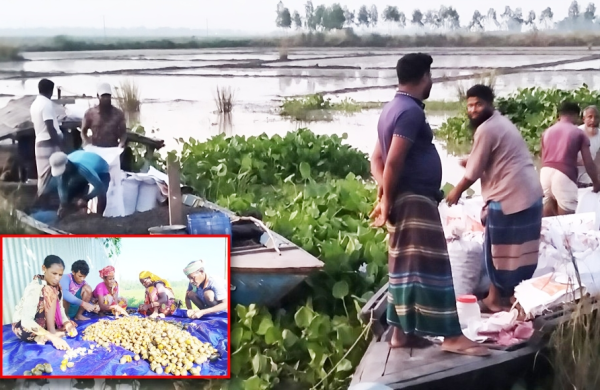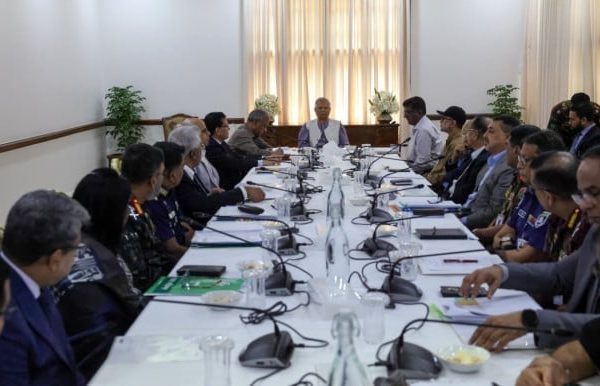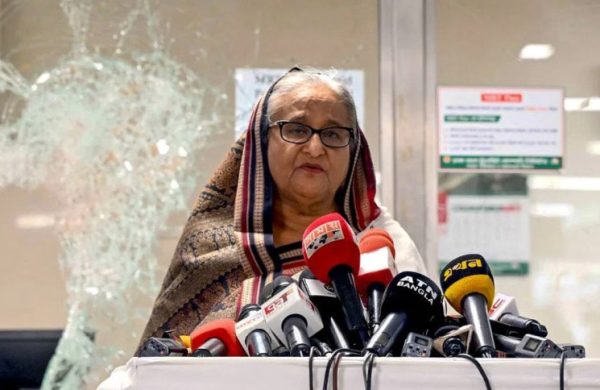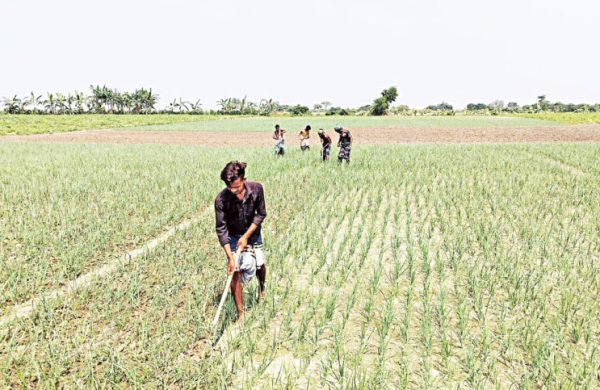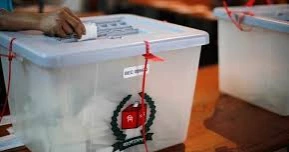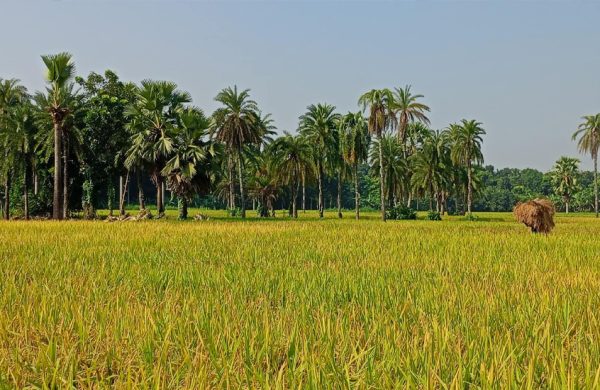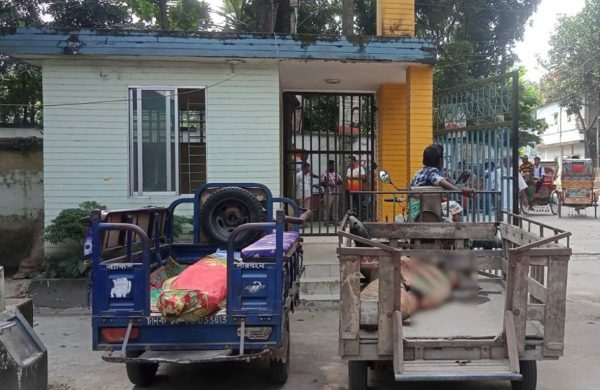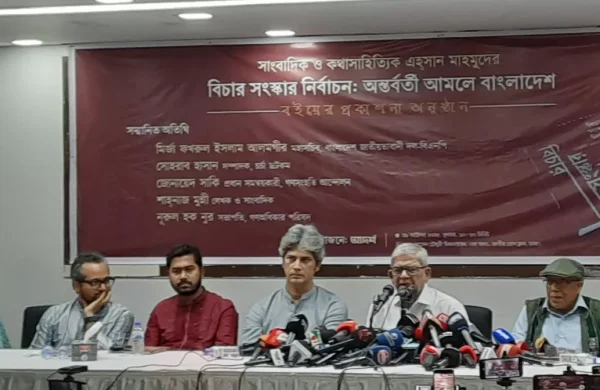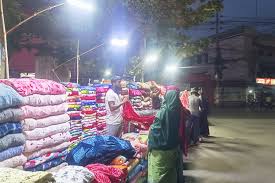What the reasons behind severe gas crisis?
- Update Time : Friday, July 5, 2024
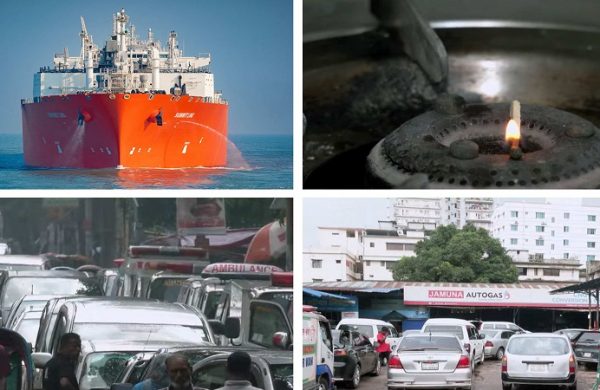
TDS Desk:
Two Floating Storage and Regasification Units (FSRUs) of Summit’s floating LNG terminal were damaged by Cyclone Remal. As a result, the LNG supply has halved, affecting the national grid. Due to this, a severe gas crisis has been seen for more than a month. This situation will continue for at least a couple of weeks.
Experts said that LNG terminal damage could have been avoided if precautions had been followed so that the consumers did not have to suffer.
City dwellers have been seen waiting for hours with serials at the CNG stations to get gas. Although there is no way to resolve the crisis at the moment, the drivers and owners have accepted this suffering. Long queues of vehicles can be seen at all stations in Dhaka from dawn to midnight, creating traffic pressure on roads and resulting in an increase in traffic tails.
The long queue of vehicles waiting for gas is now a “symbol” in the country’s troubled energy sector. Due to this gas crisis, the livelihood of many is also being strained.
Not only vehicles are in the gas crisis, but this crisis is also intensifying in residential areas. Many are forced to spend extra money on LP gas.
The country currently has a demand of about 4000 million cubic feet of gas, however, the Energy and Mineral Resources Division is struggling to supply 3000 million cubic feet. Besides, for the past one month, the supply has dropped from 2,600 to 2,300 million cubic feet.
The main reason for this is that Summit’s LNG terminal, which was damaged during Cyclone Remal, has been closed since May 27.
Initially, it was said to return to normal production after three weeks, but now more than five weeks have passed. The impression that the energy division is giving now is that “this acute crisis will have to endure for more than two weeks”.
“A part of us has been damaged. Work has been going on for about a month. There will be no shortage of gas by 15-16th of July,” said State Minister for Power, Energy and Mineral Resources Nasrul Hamid.
However, experts are blaming carelessness for the damage to sensitive facilities like the LNG terminal.
Energy specialist Engineer Salek Sufi said, “When we intensified the security of various installations during the storm, a vessel came and hit our KPI (oil, power, energy installation). It should be seen whether it is due to someone’s negligence or not. A big price has to be paid for this.”
Apart from this, according to experts, dependence on imports beyond own gas is increasingly making the energy sector vulnerable.


